Google, Facebook versus Australia: what you need to know about the news code, threats and bans
Google could ban search, Facebook could ban news, and Bing could be a thing: this is what you need to know about Australia’s proposed news code.
Google is threatening to pull services out of Australia, Facebook is threatening to remove news, and Microsoft wants to use the opportunity to win over Aussie users.
Australia has become the arena for a worldwide battle to force tech giants to pay for the news they use after proposing laws that would make it mandatory for Facebook and Google to share revenue with local media outlets.
But there have been claims and counterclaims traded about the proposed laws, fierce advertising campaigns from the tech giants, pop-up warnings in search results, and allegations that the laws — designed by Australian’s competition watchdog — would “break” the web or rob YouTube creators of their revenue.
Some of these claims have since been rescinded.
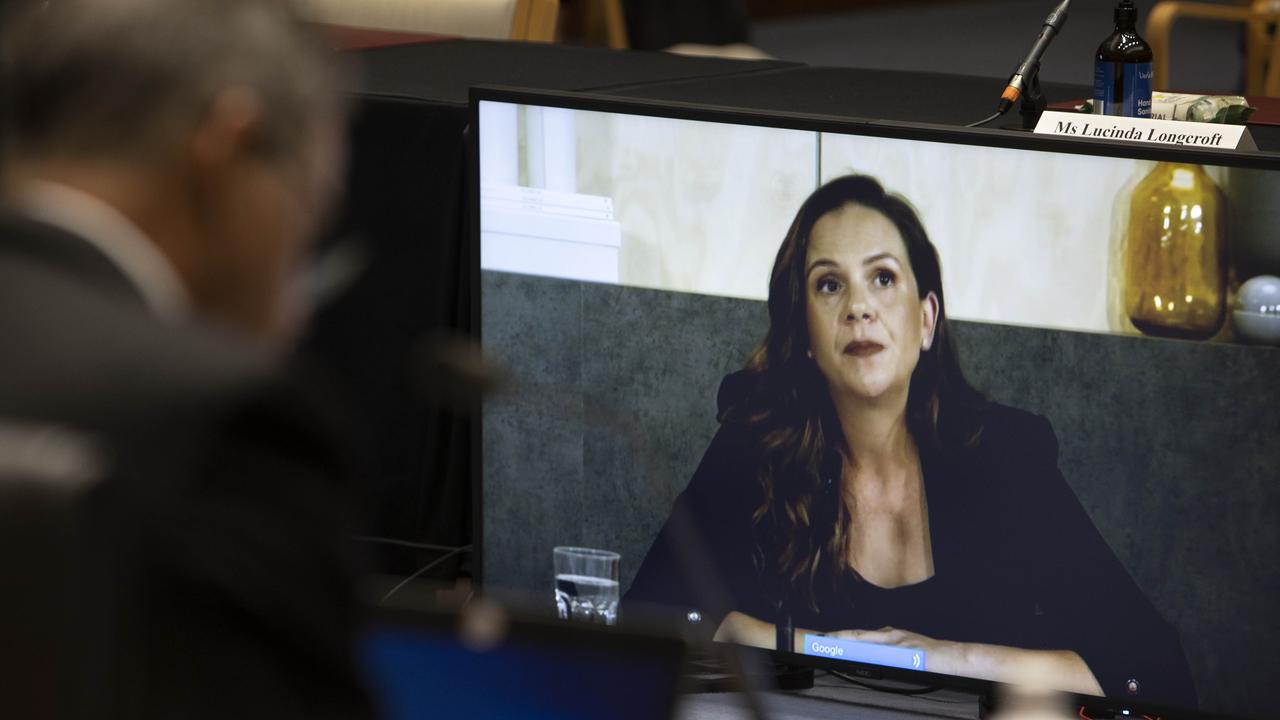
But Australia will receive more clarity on what new rules will go ahead on Friday when a Senate Committee investigating the News Media and Digital Platforms Mandatory Bargaining Code delivers its final report.
Prime Minister Scott Morrison has already indicated the Government did not plan to back away from the new rules, saying it did not “respond to threats,” such as Google’s vow to remove its search engine from Australia.
And countries including Canada have indicated they will be “looking closely” at Australia’s experience to develop their own laws.
So what will the code really mean for Australian news consumers and internet users?
What will the legislation achieve? What services could the tech giants withdraw in protest? And when could we see these laws working? This is what we know so far.
What would the proposed law actually do?
The laws would establish rules under which Google and Facebook would negotiate with Australian news outlets to share revenue for the use of their content.
News content such as videos and stories appearing in Google Search and Facebook Newsfeed would fall under these rules.
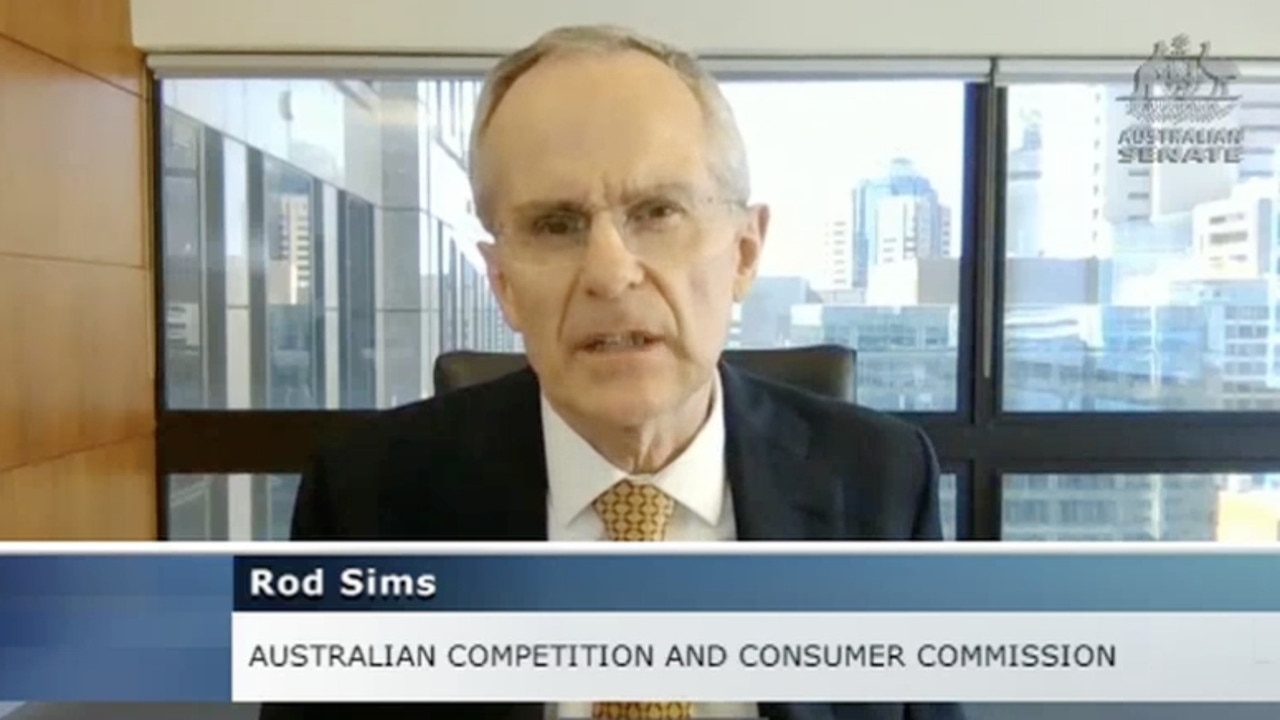
The news code was originally drafted by the Australian Competition and Consumer Commission following its 18-month investigation into digital platforms that found they were “unavoidable trading partners” for Australian media organisations, and dominated digital advertising revenue.
An explanatory note for the laws says “Government intervention is necessary because of the public benefit provided by the production and dissemination of news” and its importance to democracy.
The laws also came after Federal Treasurer Josh Frydenberg determined in April last year that voluntary negotiations between the parties were not progressing.
Do the laws do anything else?
The news code also states that digital platforms should not discriminate against media outlets or their content based on the negotiations. For example, they should not stop showing news stories from an outlet because talks are not progressing well.
It also requires digital platforms give registered news outlets 14 days’ notice before changing its “algorithm or internal practice” in a way that would “significantly” affect the way news content is shown. That is defined as a change that would result in a “20 per cent or greater change in referral traffic”.
Digital platforms are also required to develop ways to recognise original news content.
Why are only Google and Facebook affected by this code?
The ACCC found these two businesses dominate digital advertising in Australia by a substantial margin.
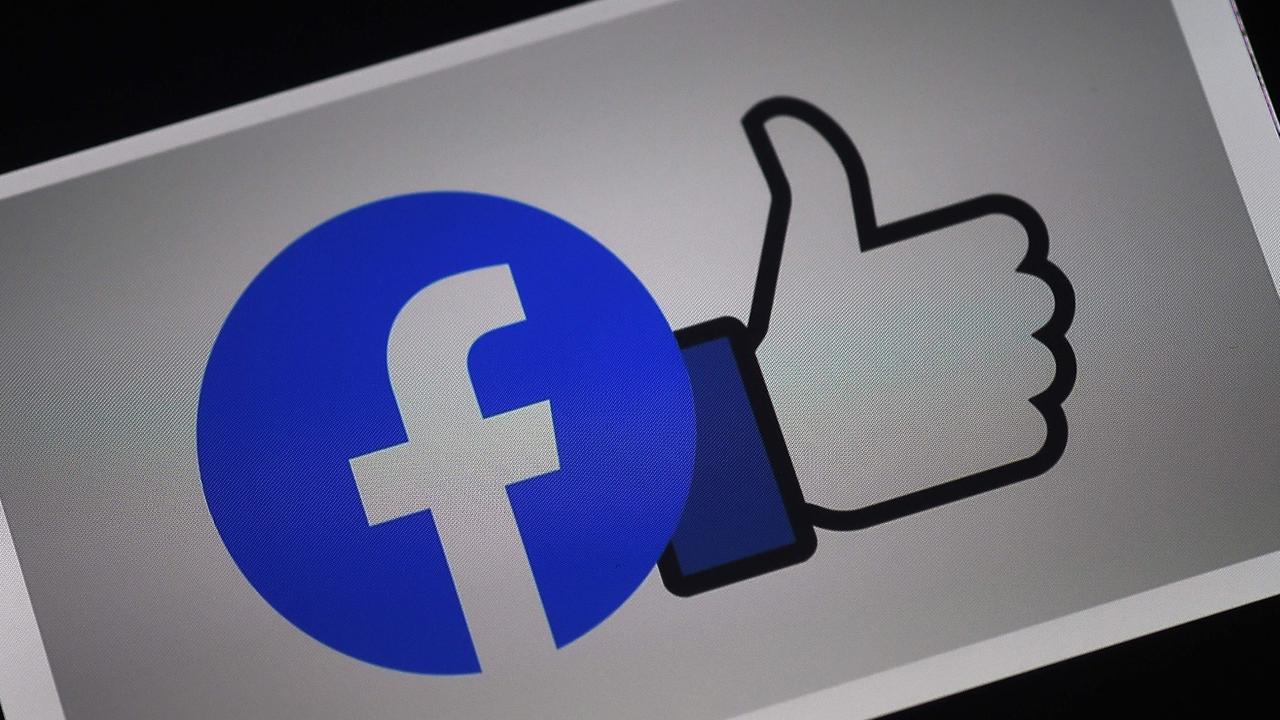
Both Google Search and Facebook Newsfeed were then “designated” by the Treasurer, meaning they would fall under the laws. The news code will not impact the companies’ other outlets, such as YouTube, Google Maps, WhatsApp or Instagram.
How much are the tech giants being asked to pay?
This is not nominated in the laws and would only be determined in negotiations between the tech giants and media outlets.
The news code sets out rules for bargaining in good faith, and compulsory arbitration if the parties cannot reach an agreement.
The code also says tech firms and news organisations are allowed to reach their own contractual agreements outside the code, and digital platforms can make standard offers, particularly to smaller news organisations.
Is it only big news outlets that will benefit?
All Australian news outlets that register with the Australian Communications and Media Authority and have an annual revenue above $150,000 can register for payments under the laws.
The Media and Entertainment and Arts Alliance told a Senate Committee this bar should be lower, but this limit is expected to cover many smaller, regional outlets and independent publishers.
What is Google threatening to do?
In a statement to the Senate, Google Australia managing director Mel Silva said “if this version of the code were to become law, it would give us no real choice but to stop making Google search available in Australia”.
She said Australians would instead see a page explaining that the search engine was no longer available to them.
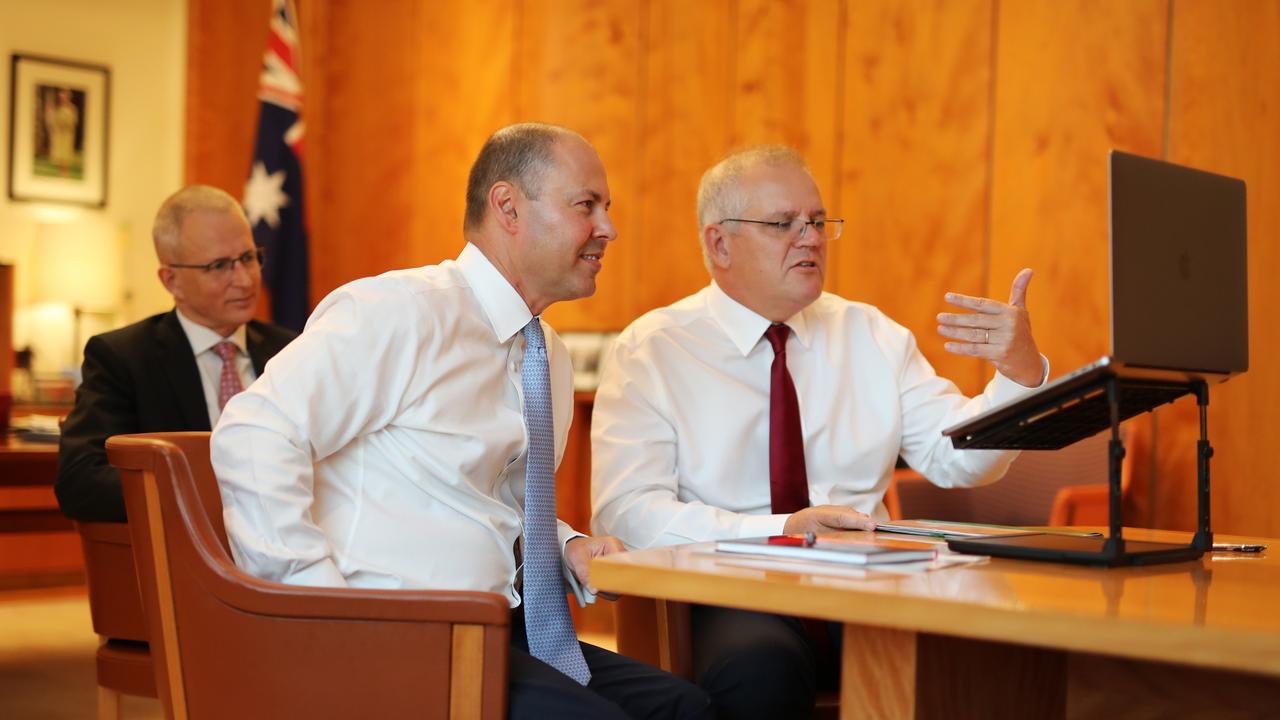
Google appeared to be backing away from this eventuality after chief executive Sundar Pichai had a video meeting with Mr Morrison and Communications Minister Paul Fletcher, but it does not appear to be completely off the table.
What other Google services could be affected?
Ms Silva’s Senate statements indicated that Google Search could be withdrawn from Australia, but she did not mention other products.
However, in a question on notice from the Senate about whether Google would also remove “services such as Google Maps, Google Pay, YouTube, Gmail, etc,” the company’s Australian government affairs and public policy head Lucinda Longcroft said it did not rule out further bans.
“At this stage, we are still understanding the implications of removing Search on our other services,” she wrote.
It’s also been pointed out that Google Search from Australia could impact Google smart speakers, which rely on use of its voice assistant technology, and on that same technology in Android-based smartphones.
What does Google object to in the news code?
Google says it does not object to paying for news content, but wants to do so only under its own News Showcase feature.
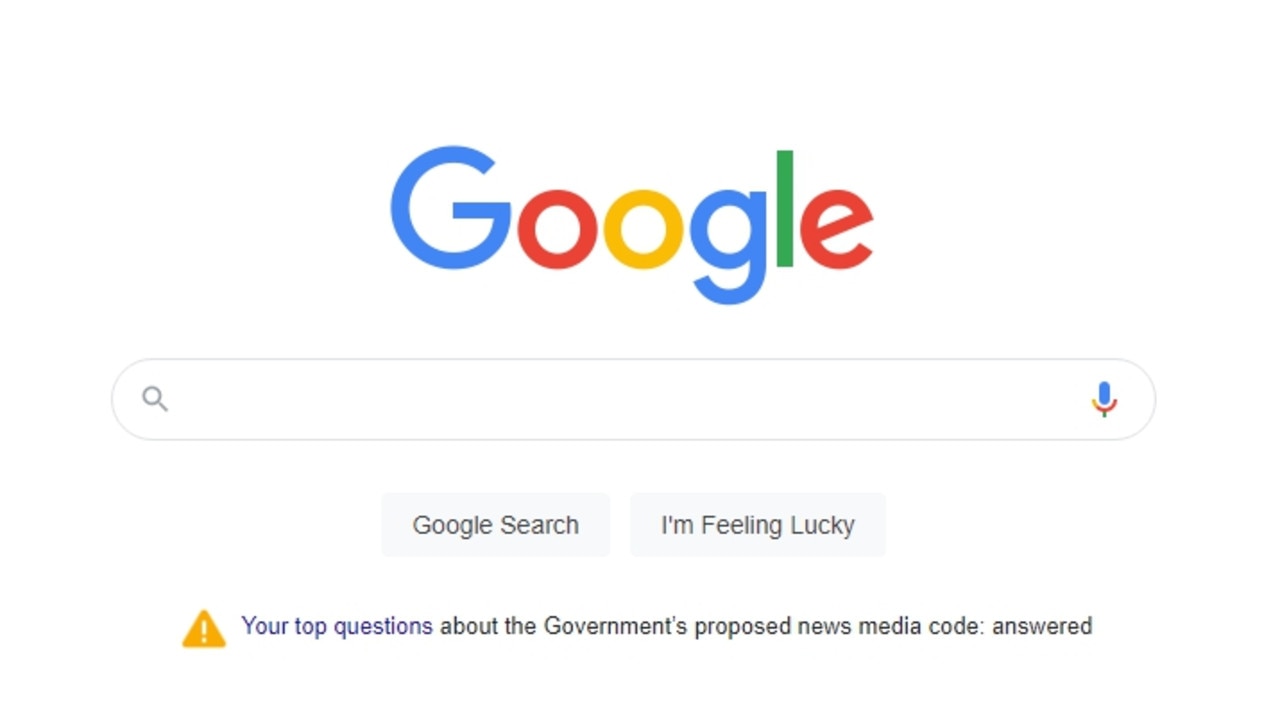
The company’s other major complaints with the law are around its ‘final-offer arbitration’ model, which would force both parties to make a best and final offer if they cannot reach an agreement within three months, the requirement to alert news outlets of major changes to showing news content within 14 days, and by forcing Google to include news stories in its search results at all.
The company recently tested removing Australian news content from search results for some users, in a controversial experiment that received wide criticism.
What about Google’s News Showcase solution?
This has been described by critics as another “take-it-or-leave-it” offer from Google.
While this project would see Google pay some news outlets for their content, the tech firm would decide how much they pay and how they used the content, with no guidance from a regulator.
Google has set aside $1.3 billion for this project but that is to cover all news organisations around the world over three years.
What is Facebook threatening to do?
After Google revealed its so-called “nuclear solution” to the news code at the Senate inquiry last month, little focus has centred on Facebook.
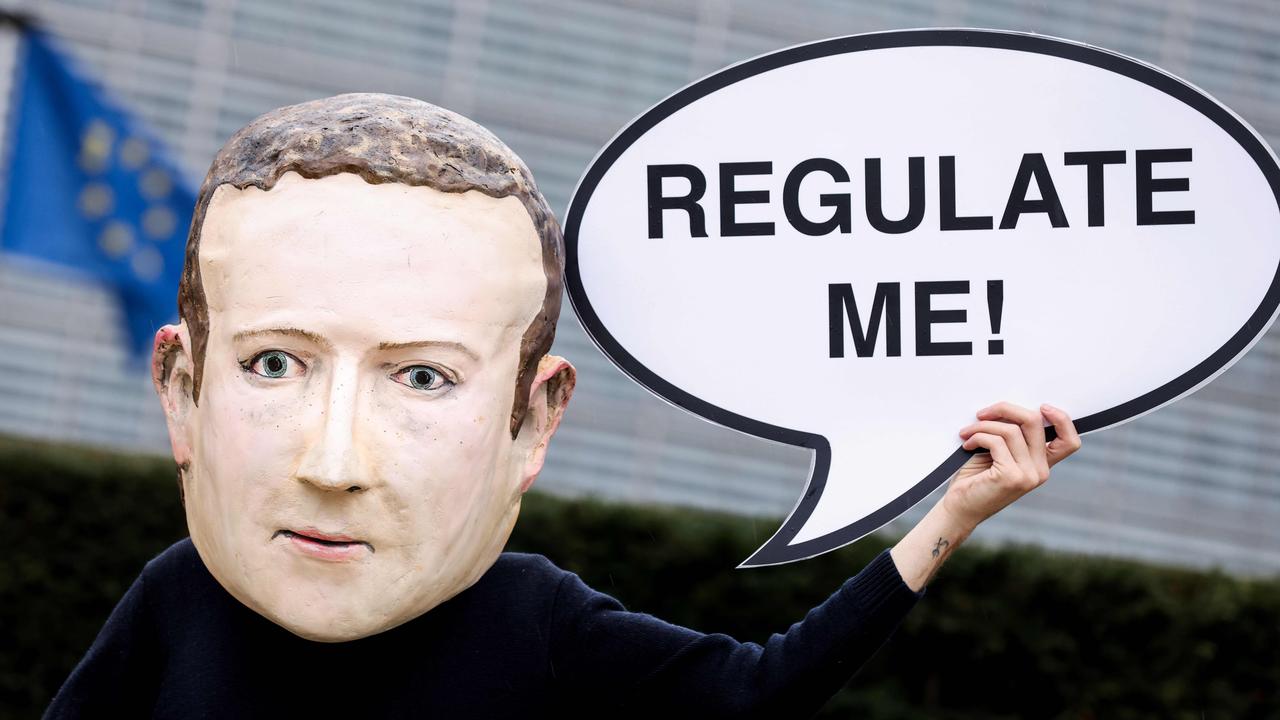
The world’s biggest social network fiercely opposes the introduction of the proposed Australian laws, however, and has threatened to prevent Australians from sharing or seeing any news content on its platform if they are passed into law.
While Google has disagreed with the style of arbitration outlined in the news code, ACCC chairman Rod Sims told the Senate inquiry that Facebook has been consistently opposed to any form of arbitration with news businesses.
Why isn’t the government listening to Google and Facebook?
The proposed news code has changed significantly since it was drafted.
Google and Facebook initially objected to all their platforms being subject to the rules, including YouTube and Instagram. Google even issued warnings to YouTube creators that these laws would affect their incomes.
But only Google Search and Facebook Newsfeed were ‘designated’ as platforms that would be covered by the laws.
Google also won consideration for the value of traffic the platforms provide to news organisations, which is now listed as a factor in negotiations.
And much more detail has been added to the notice digital platforms should provide to news outlets about major changes to the way their content will be shown.
How is Microsoft involved?
When Google threatened to withdraw its search engine in Australia, Microsoft offered to fill that vacancy.
The company’s search engine, Bing, currently controls just 3.62 per cent of web searches in Australia, according to Statcounter, but the company made a bold promise to bid for more users if Google removed its service.
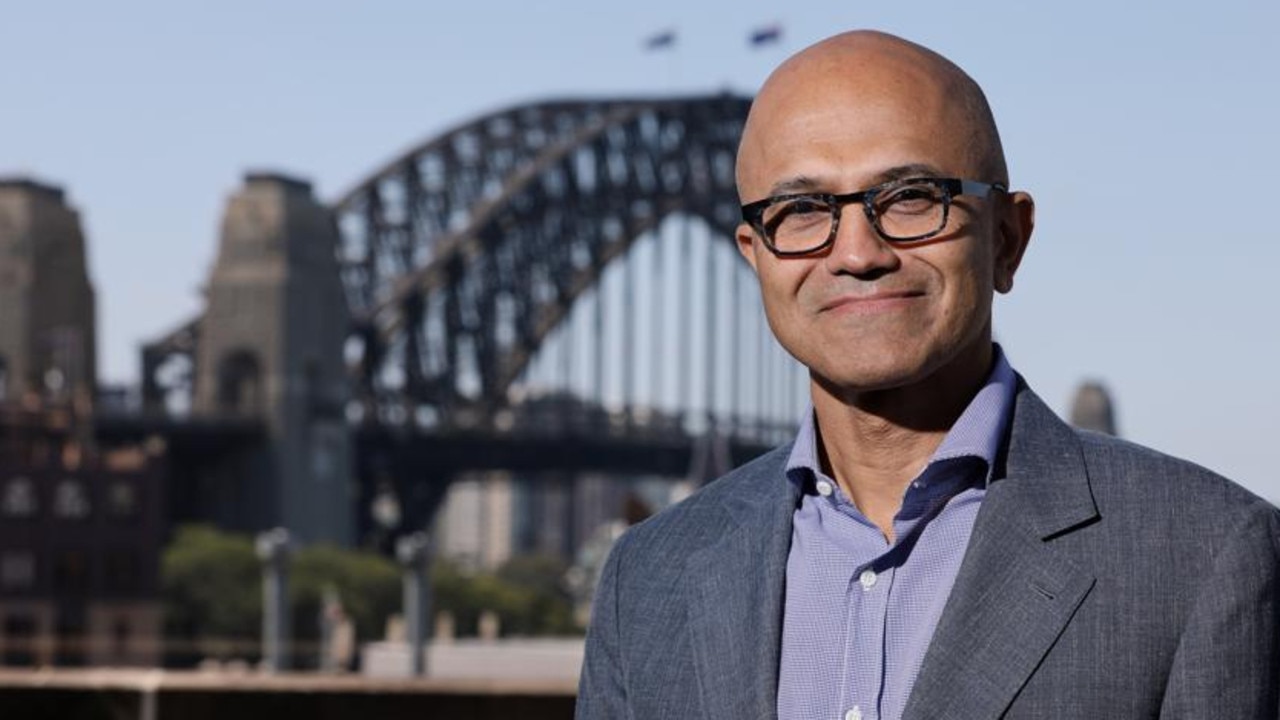
Microsoft president Brad Smith said the company was willing to pay to support Australian journalism, invest more money in its Australian search engine, and praised the proposed laws as “world-first solutions”.
When could these changes happen?
The Senate Committee is due to hand down its final report into the proposed laws on Friday.
The laws, and any changes made to them, can then be made into law if passed by a majority vote in the Senate and House of Representatives.
When in place, the digital platforms and news outlets will have three months to negotiate a deal and, if they cannot reach agreement, will submit final offers. One of these will be chosen by an independent arbitration panel appointed by ACMA within 35 days.
In short, it’s possible that we could see this law in action within six months though it may take longer.
More Coverage
Originally published as Google, Facebook versus Australia: what you need to know about the news code, threats and bans
Read related topics:Explainers




